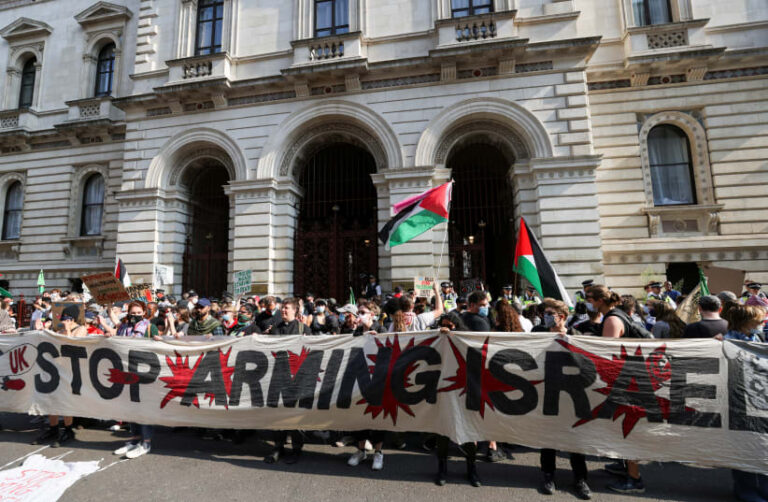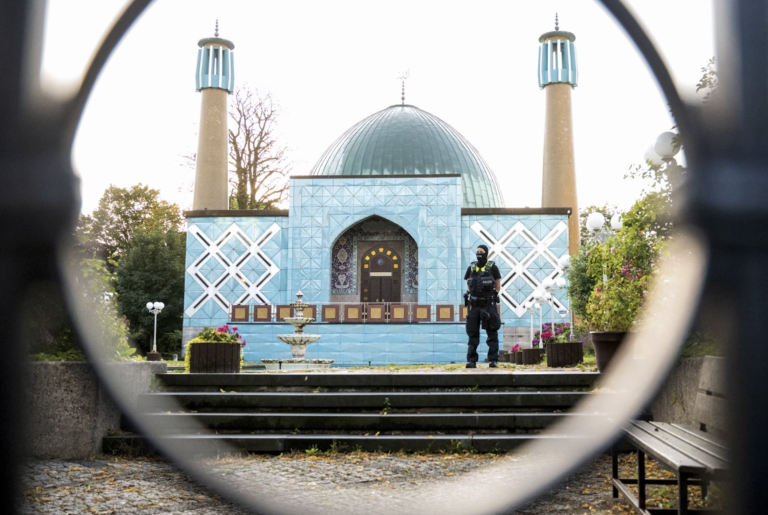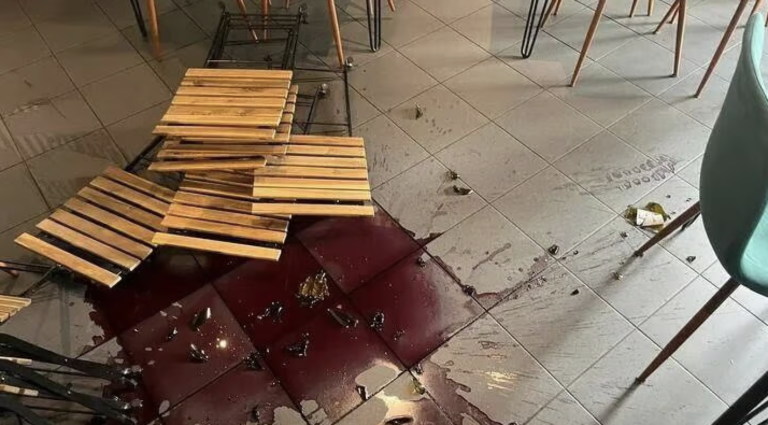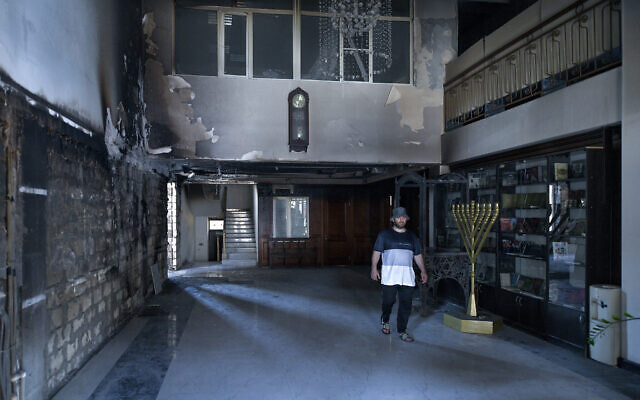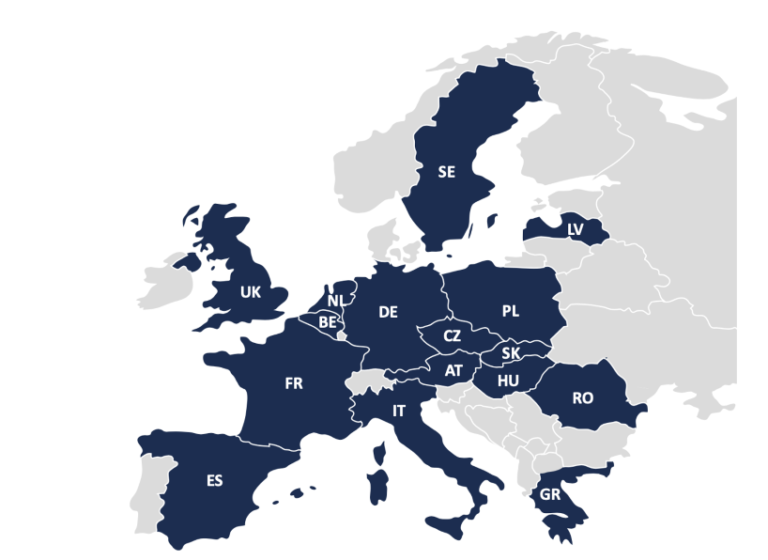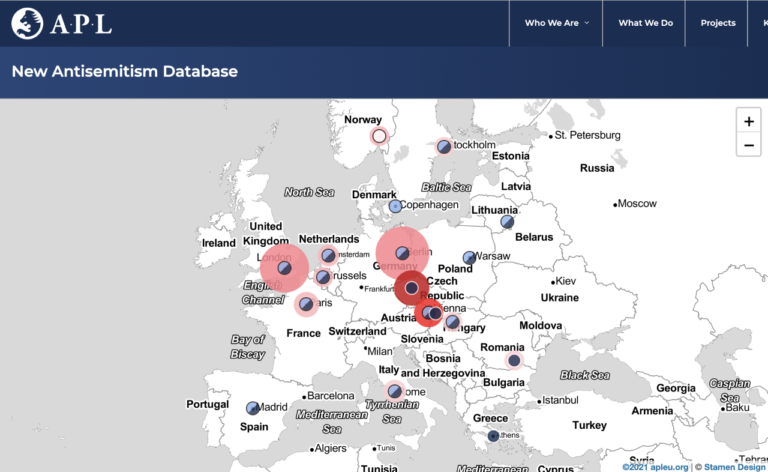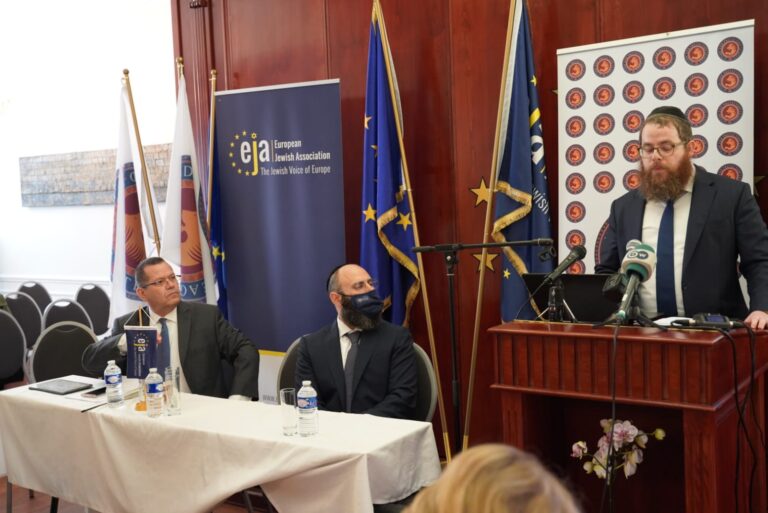In its annual report, the Elie Wiesel National Institute for Studying the Holocaust in Romania has found that extremist, antisemitic hate speech remains strongly present online in the Romania.
Each year, the Elie Wiesel National Institute for Studying the Holocaust in Romania assesses antisemitic expressions that insult the memory of Holocaust victims. According to this year’s report, the coronavirus pandemic, the vaccination campaign and efforts to raise awareness of the history of the Holocaust have been the main factors that have sparked antisemitic manifestations in public discourse. According to the authors of the report, this phenomenon has intensified in the last year, the MTI reports.
One of the most popular conspiracy theories manifesting in these discourses is that the Jews are running Romania and the world.
The institute found that Facebook remains the most popular social network in Romania, which has improved its filtering system to remove such unacceptable expressions.
According to the annual report, the number of acts of vandalism against Jewish monuments has not decreased either, the cult of war crime convicts continues to be present in the Romanian society, and on occasion, antisemitic statements are made in parliament.
The institute recalled that Romania had adopted a national strategy for the reduction and prevention of xenophobia, antisemitism and hate speech, and a subject on the history of the Jewish people and the Holocaust in Romania had been included in the school curriculum.
However, local authorities, officials and magistrates no longer give as much attention to this issue, and their lack of awareness obscures their responsibility, which makes it difficult to put central authority decisions into practice.
As an example, the Elie Wiesel Institute mentioned that there are still streets and monuments in Romania that bear the names of or commemorate war crime convicts. The lack of action on behalf of authorities further encourages antisemitic sentiment within the Romanian society.
